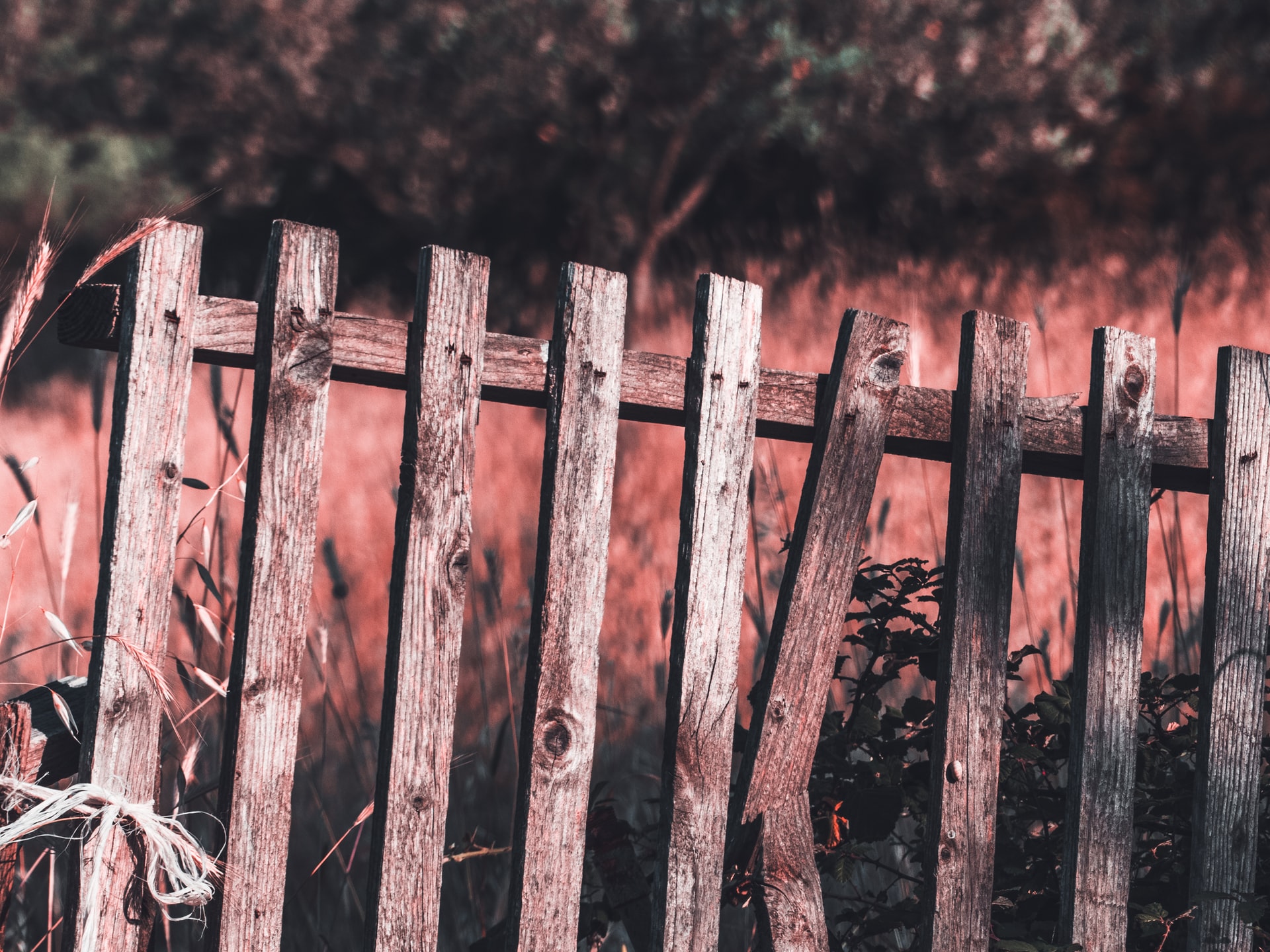by Nicole Yurcaba

I began reading D. Nurkse’s poetry collection A Country of Strangers: New and Selected Poems sometime in April, when the war in Ukraine continued to rage, as I continued to reel through grief and anger and shock day after day. Perhaps then it is no surprise that as I read through Nurkse’s collection, I time and time again found myself returning to the poems focused on war, immigration, and historical recollections. However, this compilation offers a bit of everything for everyone, far more than I can focus on in a review.
The sweeping collection begins with “Order to Disperse,” a poem that opens with the all-too relevant line “Tonight my children are facing live ammunition.” It’s a line that makes readers shudder, one that echoes the realities of America—where mass shootings occur every day, and of the brutal violence plaguing Ukraine and other overlooked parts of the—where one madmen’s horrific agendas unfolds. The poem segues into other images of violence: police with “duct tape over their badges,” and the stark image of those police armed one night with “rubber bullets” and “tonight hollow-point.” Readers enter a scene where democracy and life stand on the precipice of destruction, and a questioning, bewildered speaker wonders, “There is only one life. / How long will I hold mine like water in cupped hands?”
Violence and war are reiterated themes in Nurkse’s collection, but as a writer who grew up in the generation whose anxieties shaped in Hiroshima’s aftermath and World War II’s seemingly insurmountable aftermath, maybe that comes as no surprise. “Small Countries” provides readers with a glimpse of the past. It’s a concise poem, and its structural brevity reinforces the powerful imagery. Again, it’s a poem that could be pulled from current headlines as readers see a man and a woman “lying together / listening to news of a war.” It’s a scene where “Casualties are read out,” and an of affection—“and he touches her hair / and calls her name”—becomes utterly unfamiliar as the weight of war’s reality seeps into every day life.
“The Windfall Mountains” offers readers a respite from the violence. Again, Nurkse skillfully relies on brevity and compression to create a moving, emotional experience. In this poem, fences separate one orchard from the next, and a couple pries “slack wire open / with a fallen branch, squeeze through, / keeping hiking toward the coast.” Time and space do not matter in this poem; the couple continues moving, until “At twilight we find a shack / full of old ladders, and we make love / until we’ve lost all our credentials / in suffering.” The poem develops an innocent eroticism: “Sometimes in the dark / we dream the cider company’s hidden cameras / are recording us.” The innocence continues as the speaker states “but when we wake / drifting blossoms have covered our trail.” The emotional power of this poem stems from its simplicity, as well as the shy, reverent approach to the intimacy of sex. It’s a tone and approach that will remind readers of many of the poems in Stephen Corey’s collection As My Age Then Was, So I Understood Them and, momentarily, allow them respite in a peaceful realm.
Part of the intrigue of Nurkse’s collection lies in its cyclical structure. Later poems like “Slow Summer” fuse the realities of war and romance. The poem’s speaker sets the scene, stating conversationally “The war was delayed, so was the truce / that would have concluded it.” The poem evokes images of “the settling of the refugees,” which is “postponed.” Here, the poem again uses historical themes that, given the world situation, are all too real because of the war in Ukraine and the continued resettlement of Afghan refugees. An intimate complexity and a turning point develop as the speaker acknowledges, “—then we moaned, not knowing / if we wanted a child / or to be free of each other.” The universal transforms into the personal, a technique Nurkse masters in not only this poem, but many others.
“A Year of Hunger” carries the same emotional weight and personal burden as “Slow Summer.” This poem focuses on “When the famine came,” and how a family “ate our seed, our horsefodder, / our chickenfeed, our broody hens.” Despite its historical setting, the poem’s themes correlate to the conversations surrounding an impending global food crisis that is more imminent than people realize due to the war in Ukraine. Despite the news that the famine has ended, the speaker’s tone is one of foreboding, as though, undoubtedly, history will inevitably repeat itself at the moment least expected.
What also repeats itself in the collection is the theme of romance, the “absolute gift” a couple can share. “A Night in Caceres” erases the tumult of war, the ancestral memories of violence and war, and offers readers that moment when a couple complete forgets who they are and a single moment becomes the defining one by which all others are measured. In this poem, the speaker pleads “Give me that night back.” The speaker provides specific details that create the scene for readers—a “fly fumbling in the webs” and “That touch, like moonlight on your arm.” The poem is graceful, gentle, and readers find themselves trapped in the intimacy where “We listened for each other’s breath” and “We slept in the crook of the arm.” By the poem’s end, readers are emotionally disarmed in the best possible way, which makes the poem’s conclusion even more baffling: “There was no other. No such gift. / In the mirror, just a high cloud / and Venus, brighter in daylight.” Nonetheless, in many ways, it’s the best possible ending for a poem, because it ultimately allows readers to make a choice, for the best or for the worst.
Perhaps, then, that is what readers leave Nurkse’s collection with—the realization that life is about choices and consequences. Thus, it’s no surprise that the collection concludes with the poem “Psalm to Be Read with Closed Eyes.” This poem reads like an invocation and benediction packed into five brief lines. The first line is the poem’s most significant, the recognition that “Ignorance will carry me through the last days.” The imagery is dystopian. “Blistering cities” rise “over briny rivers / swarming with jellyfish.” The speaker contemplates the swiftness with which humanity arrived at calamity’s point, and they use the metaphor of a father carrying them as a child “from the car up the narrow steps” to reiterate this. The poem’s ending, however, is blunt, as the speaker states, “I never knew it”—a statement with which many might empathize as horrific socio-political and economic current events threaten to dissolve everything as we know it.
Nicole Yurcaba (Ukrainian: Нікола Юрцаба) is a Ukrainian-American poet and essayist. Her poems and essays have appeared in The Atlanta Review, The Lindenwood Review, Whiskey Island, Raven Chronicles, Appalachian Heritage, North of Oxford, and many other online and print journals. Nicole holds an MFA in Writing from Lindenwood University, is the recipient of a July 2020 Writing Residency at Gullkistan, Creative Center for the Arts in Iceland, and is a Tupelo Press June 2020 30 for 30 featured poet. Her poetry collection Triskaidekaphobia is forthcoming Black Spring Group in 2022. She teaches poetry workshops for Southern New Hampshire University and works as a career counselor for Blue Ridge Community College.



Add your first comment to this post